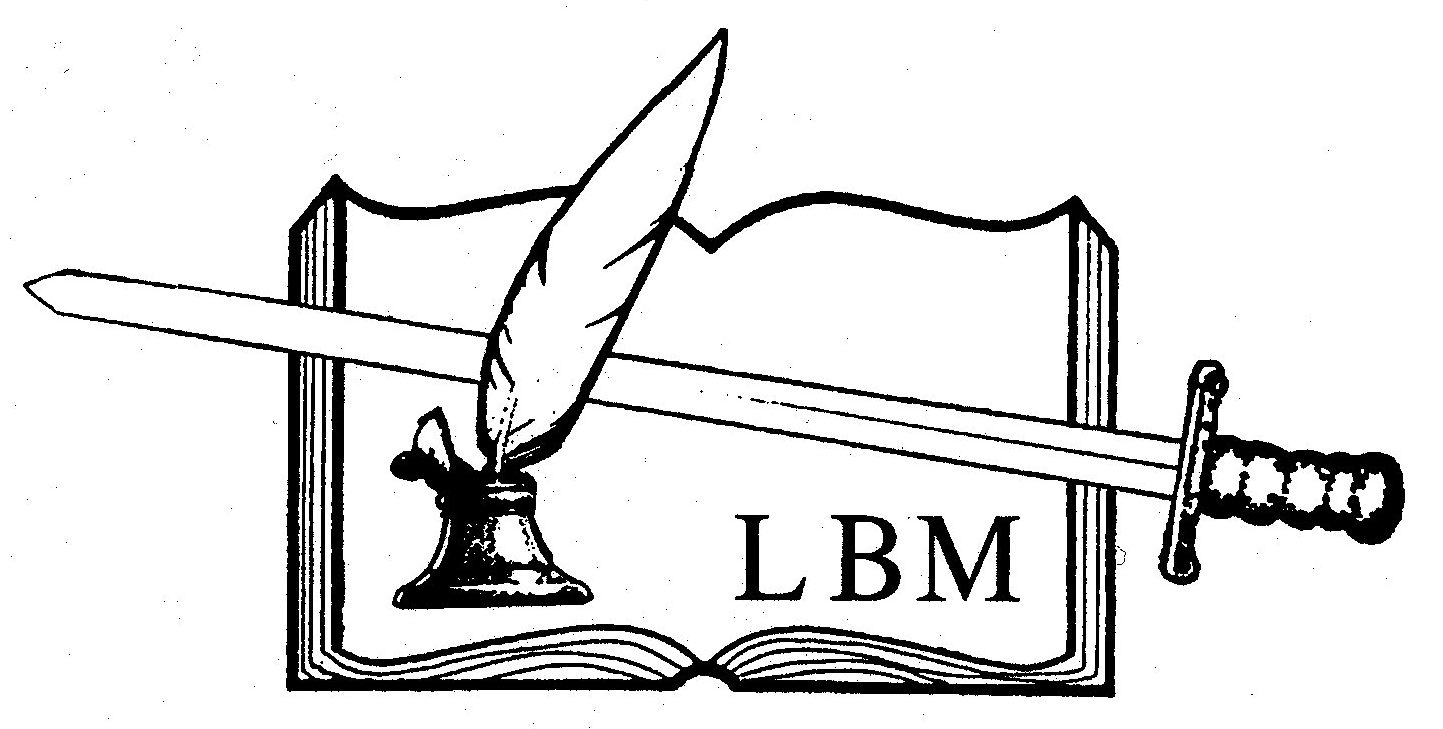-
What do lawyers do to prepare to file a complaint to begin a lawsuit in the appropriate court?
A lawyer needs to do an investigation of your claims as plaintiff – or complaining party – to better understand the facts and legal bases before drafting a complaint. There must be good grounds and that you are likely to prove your case. Once that investigation is done, often it is best to attempt to settle by sending a demand letter. The letter may be set up so as to be the basis for the complaint. Once the lawsuit is filed, the attorney arranges for sheriff’s service of the complaint on the defendant(s) with a summons requiring it to answer the allegations. The complaint states the names and identities of the parties and often tells the story of the dispute in numbered paragraphs. The complaint should include all claims that arise from the underlying transactions and arrange each legal claim under a separate count. Each count often incorporates the factual allegations, and then states the legal wrongs and remedies under each theory. If there are contracts or other documents part of the underlying transactions, copies may be referred to and attached as exhibits. Under ethical and court rules, an attorney must independently investigate the basis of the complaint to determine that there is a good faith basis for it.
-
What does the defendant’s answer to the complaint contain?
The defendant must file and serve an answer to the complaint or face a default judgment. The answer responds to each of the numbered paragraphs in the complaint, stating whether they are admitted or denied or whether the party has insufficient information to respond and therefore denies the same. It is obligatory to file counterclaims arising from the underlying circumstances. The defendant(s) also must raise defenses known as affirmative defenses in the answer or they are waived. Among the defenses may be that the claims in the complaint are frivolous and should be dismissed and attorney’s fees awarded for the cost of responding to a frivolous complaint. In cases of a response to a Chapter 93A complaint, discussed above, it may be advisable to make a reasonable response and an offer of settlement to prevent double or triple damages and liability for the other party’s attorney’s fees.
-
What is the next step – discovery used to learn more about the claims and defenses and obtain proof of your case?
Sometimes with the complaint or answer or soon after the lawsuit has begun, attorneys begin the process of formal discovery of the underlying facts. Three common tools used in discovery are (1) requests for production of documents or things, (2) depositions under oath of parties and witnesses, and (3) requests for admissions of fact. Requests for production of documents require the responding party to produce all of the requested documents and items relevant to the lawsuit for inspection and copying. Depositions of witnesses and parties occur when an attorney serves a notice of deposition on a party or a witness, requiring attendance, usually at the attorney’s office, of his or her deposition at which the attorney questions the witness about the case. A court stenographer puts the party or witness under oath and records testimony. The deposition provides not only factual material for the prosecution or defense of a lawsuit, but also preserves testimony should the witness later be unavailable. Each party besides the calling party has the right to cross-examine. Depositions allow attorneys to weigh the credibility of the witnesses and to see how strong they may be as a witness at trial. Witness may have their own counsel present. Often cases settle after attorneys take depositions since at that point the parties often have attended the depositions with their attorneys and have a good idea as to the strengths and weaknesses of the lawsuit. Finally, it may make sense to ask the opposing party to admit to facts and the identity of documents to ease proof at trial.
-
What are written interrogatories to parties and how do they assist in the discovery of the facts of a case?
Lawyers use another tool for discovery called written interrogatories to be answered under oath by the party or an agent, officer, or employee of the party. Like other discovery, interrogatories often seek to identify the factual basis of a party’s claims or defenses. They may also inquire as to the facts known and opinions held by experts. Thus, a party may find out what experts the other party intends to call as witnesses at trial and about what the expert will testify.
-
How does an attorney conduct a trial, using the results of discovery?
A trial commonly depicted on TV and in film accurately or otherwise, involves first opening statements of the attorneys, then the presentation of each party’s cases, and finally closing arguments. A good trial attorney gives careful thought to the order of calling witnesses and how to present evidence in an interesting and compelling way to the judge or the jury. Each party calls its witnesses and does direct examination of each. The other side then conducts cross-examination to clarify or undermine each witness’s testimony. Leading questions, questions which suggest the answer, may be used on cross-examination and can be very effective. If a witness contradicts his or her testimony in a deposition, the testimony in the deposition may be used to contradict the witness at trial. If a witness is unavailable at trial, the deposition testimony may be read.
-
What are the rules of civil procedure and how do they govern a lawsuit?
The Massachusetts Rules of Civil Procedure with the rules of evidence provide the detailed anatomy of a lawsuit such as how discovery is conducted, how trials are regulated, and what kinds of relief and forms of judgment are available.
